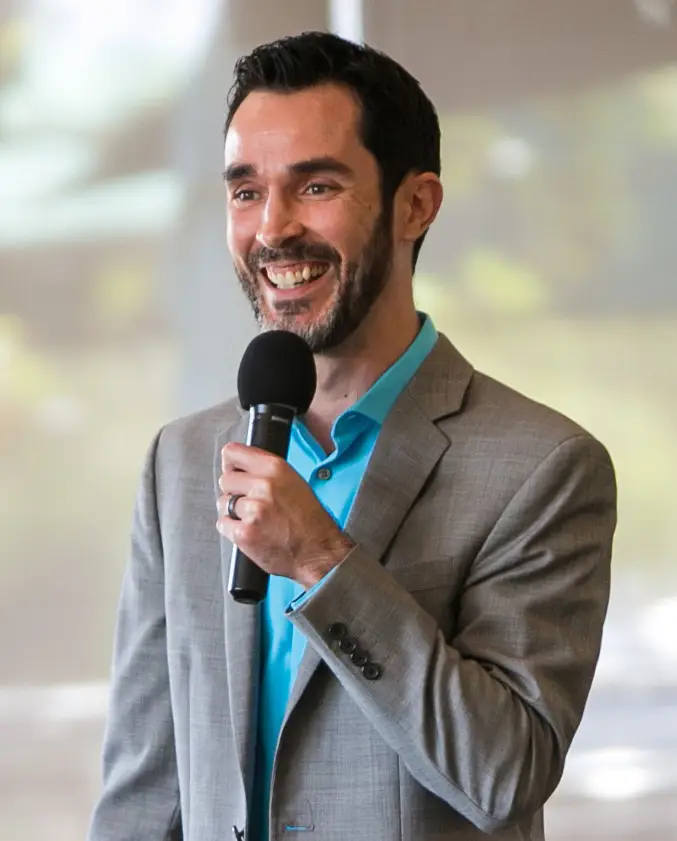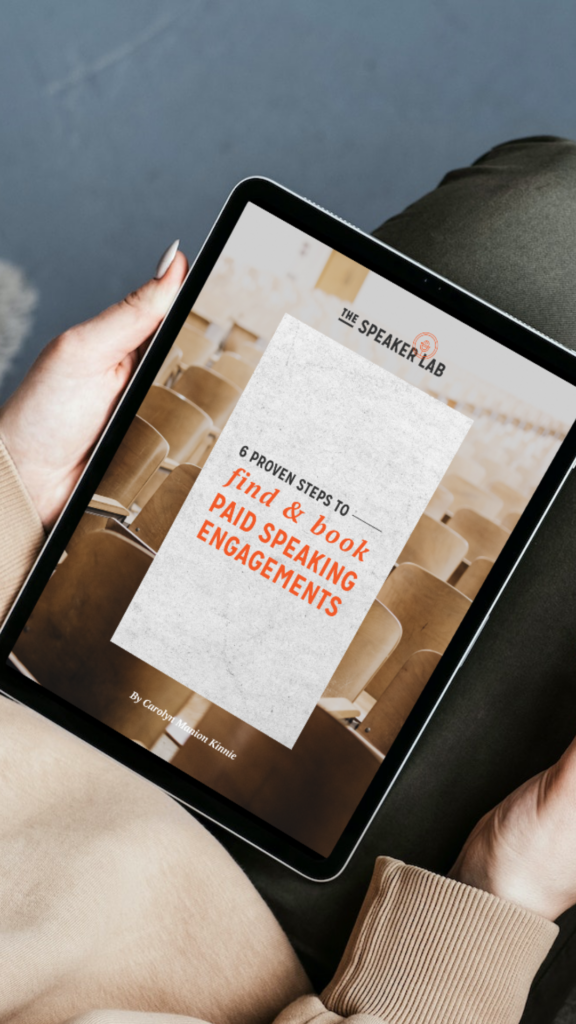“Ultimately, you don’t need to have any certification. You need to have some level of experience where you can speak authentically and congruent. It’s gotta be congruent with how you feel about your knowledge.”
Clinton Young knows what it’s like to hit rock bottom—and how to turn that experience into fuel for an inspiring speaking career. After losing his business and confidence during the 2008 financial crisis, everything shifted thanks to a tough-love moment at a seminar and a game-changing podcast episode. Now, as a sought-after speaker and coach, Clinton helps others build clarity, confidence, and the systems they need to get booked and paid to speak.
Clinton’s secret sauce? It’s all about systems—the thing that separates hobby speakers from true professionals. Instead of trying to talk to everyone about everything, he challenges speakers to focus on what they’re great at (credibility), what fires them up (excitability), and where the real opportunities are (profitability). The biggest thing that holds most people back? Imposter syndrome. Clinton’s quick to remind us that even the best feel uncertain sometimes, but the key is taking action anyway—and shifting the focus from your own nerves to the people you’re there to serve.
Success in speaking isn’t about waiting for gigs to magically appear—you’ve got to have a clear system, a focused message, and the drive to keep showing up. Clinton’s story is proof that when you ditch the “someday” mindset and get serious about building the right framework, you can turn speaking into a real, thriving career—no matter where you’re starting from.
You’ll learn:
- The importance of systems in speaking
- Overcoming limiting beliefs and imposter syndrome
- Managing nerves and the psychological side of speaking
- How to identify audiences and topics
- A framework for finding your niche
- Understanding and establishing credibility
- Building relationships with event organizers
- How to stand out among other speakers
- And much, much more!
“And by far, in my opinion, the biggest thing that stops people is ourselves. It’s our own limiting beliefs around, “Can we get paid?”


